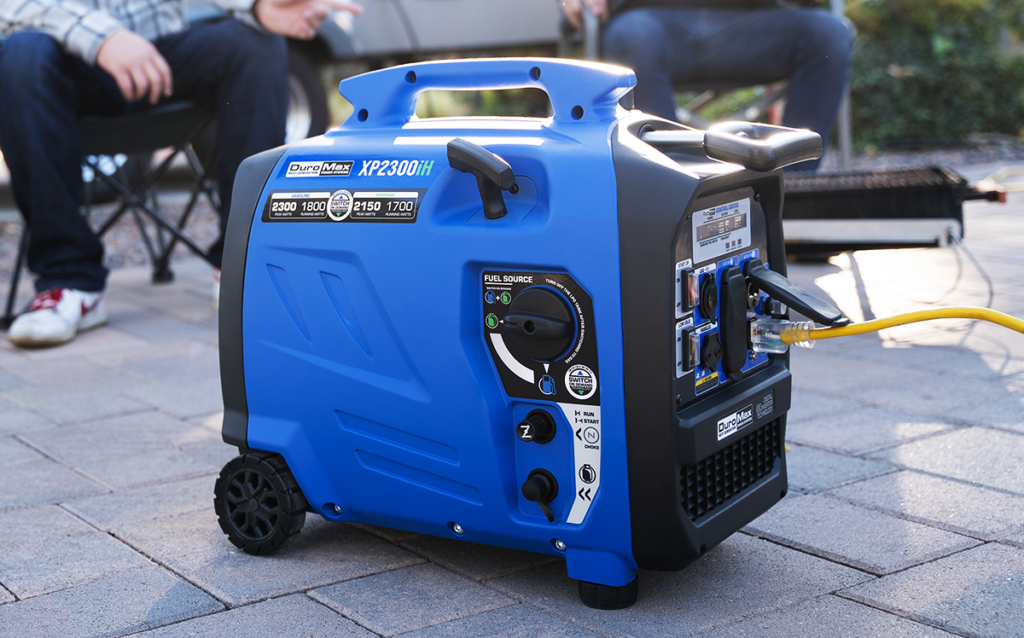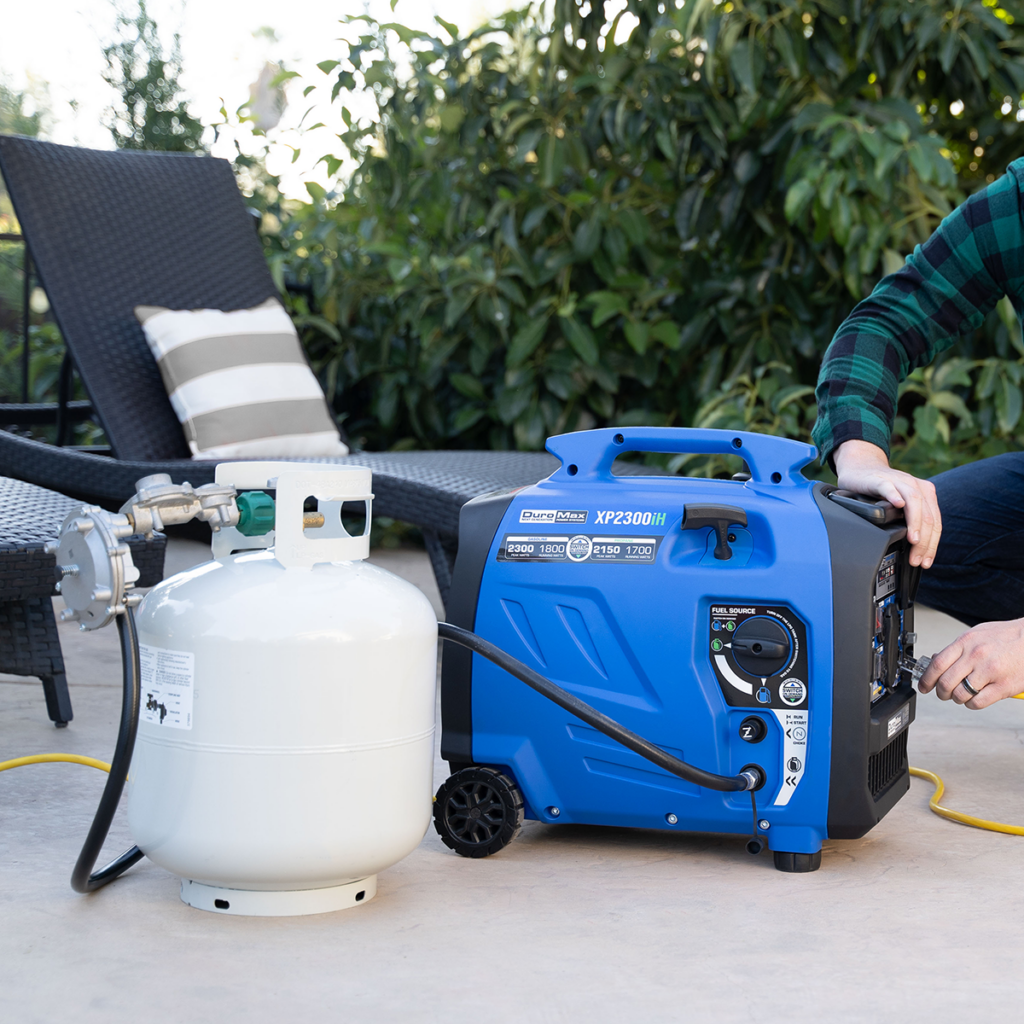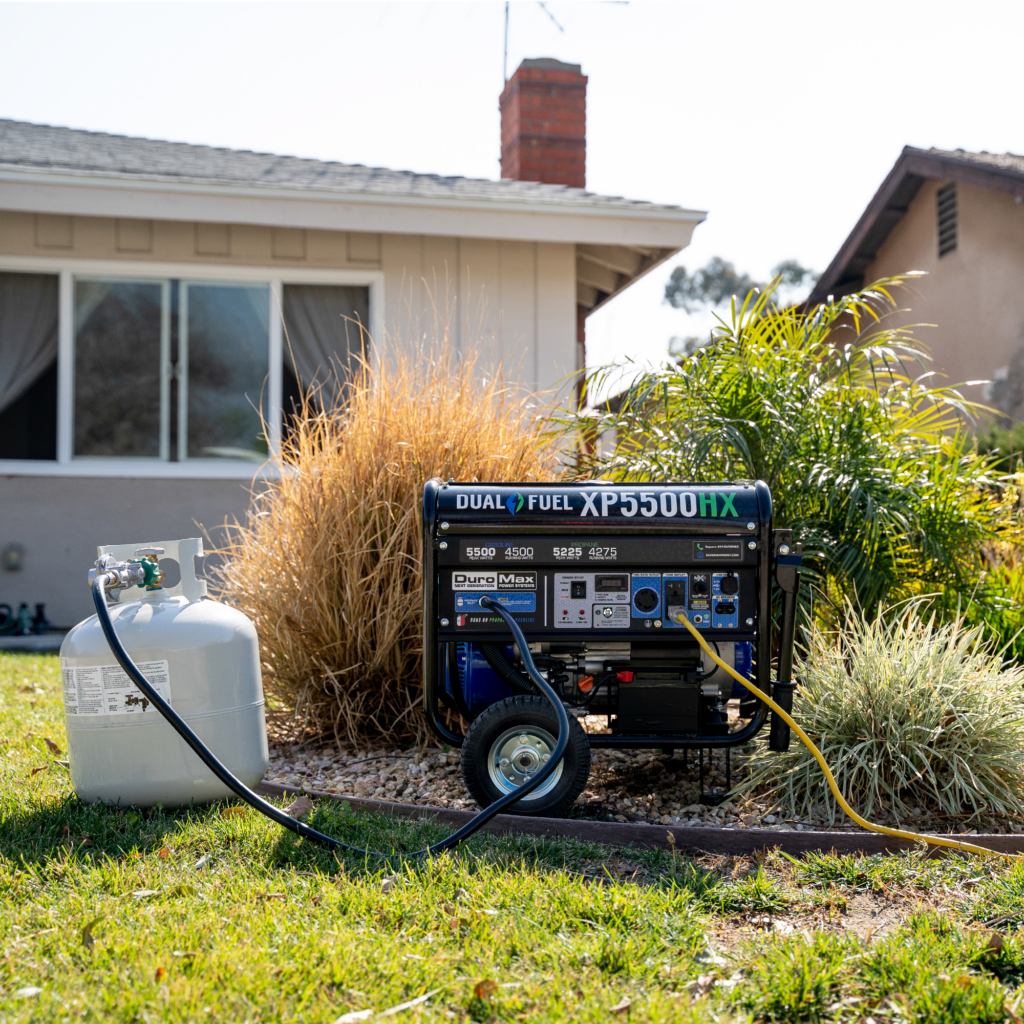A trip to the woods will not be exciting without the power to run your electronics; even if you bring along the charged devices, then their battery will drain in a matter of time.
That’s when a portable generator comes to the rescue. They are small, portable, lightweight, and will be packed with enough power to go for days.
But, in this saturated generator market, how to choose the best camping generator . Also, keep in mind that the camping generator and home generator will considerably vary from each other.
The camping generators are designed to be used in the wilderness while conventional generators are not. In this post, we will tell you how you can choose the best generator for your needs.
What to look for when buying a camping generator?

Type Of Generator
A camping trip requires quietness. A generator that disturbs your quality time with friends and family should be avoided. They are great, no doubt, but not for camping trips. Mainly, There are conventional generators and portable inverter generators.
You should avoid a conventional generator and favor inverter generators as they have many benefits over conventional generators.
The generator on a camping trip has only one major job, and it is to recharge your electronics. And also, to power some appliances. A conventional generator is not cut out for that since the power it generates won’t be clean.
It can damage the electronics permanently or reduce their lifetime. But, on the other hand, inverter generators produce clean power without any surges and spikes, which won’t damage the electronics.
Besides, inverter generators are extremely quiet, they are lightweight, and when you feel the shortage of power, then two can be connected in parallel to increase the power output.
The only problem with them is their lower power output, which is less but more than enough for a camping trip. Other than that, solar and wind generators are also worth considering.
Fuel Type

To run a generator, fuel must be poured in. Mostly, camping generators or, for that matter, any other type of generator runs either on gasoline, propane, or diesel. The selection of which fuel suits best for you depends on many factors.
Gasoline is the most common fuel, and it’s easy availability makes it so. But, they cost a bit more. They are not the ideal choice for an environment as their exhaust is not the cleanest you can have. It affects the environment.
The cleanest fuel from them is propane; they are efficient and burns much cleaner than gasoline or diesel. The downside of propane can be their availability as they are not available
everywhere, so it might create an issue when you are out and can’t find the propane nearby, but it can be stored for longer periods without any degradation in its quality.
Another fuel is diesel, and diesel is also commonly available in most places. Plus, it provides better efficiency and performance. But, diesel generators tend to emit increased noise levels, whereas the noise which propane produces will be much less.
If you don’t want to make a choice, then there are dual fuel generators in the market; you can go with them.
Power Demand
The size of your generator depends on how much power you will need during your camping trip. This is important as you might not want to end up with a small or very large generator.
To select the right size generator, you have to calculate the power needs of all your appliances and then add them to know your power demands.
Now, you can choose the generator based on the power you need, and it is a good rule to select the one with 10 to 15% more power rating than your needs.
For a few small appliances and to recharge your electronics, a generator of about 2000 watts will be enough.
Size and Weight

The size and the weight of a generator will decide the portability of a generator, and the portability becomes a crucial thing when selecting a generator for camping purposes. You want a lightweight and easy-to-manage generator and not a burden.
The size and the weight of the unit depending on its power output. So a camping generator should be fairly portable as they have lower power. But there are generators with high weight but less power. So, be careful to choose the portable one, it will make your life much easier.
If you need more power, then the size will increase. If that is the case, then make sure that you have the means to handle it. Moreover, look for models with the carrying handle and bottom wheels; they will make transportation very convenient.
A camping generator should weigh about 20 to 30 pounds, and there is a generator in the market which weighs this much. So, for camping, a generator should not weigh above 30-pounds.
Noise Level
A camping trip provides you an escape from the noise and sounds of ever-bustling city life, which will be a peaceful experience if you won’t have a noisy generator. Generators are inherently noisy due to many moving parts in them, but there are few improved models which provide the performance with somewhat reduced noise.
But there is always an option of an inverter generator, and they are quiet due to their totally different working mechanism than the conventional units. Other than that, for many campgrounds, they set the limits for the generator noise levels .
If your generator produces more than a certain dB, then it will not be allowed. A louder generator disturbs the peace for your neighboring campers, which in short, won’t depict you so friendly.
Price and Warranty
Camping generators are easy to select as you don’t have much to power on a trip, and so the small generators are just fine, but their price varies based on their quality and the components used.
For example, a generator with quiet motors will cost more. Similarly, a lightweight option is also going to cost more. So carefully evaluate your needs and budget, and choose the best.
Other than that, a high warranty on the generator indicates the high quality of the unit. So you better go with a longer warranty generator.
Related Camping Posts: